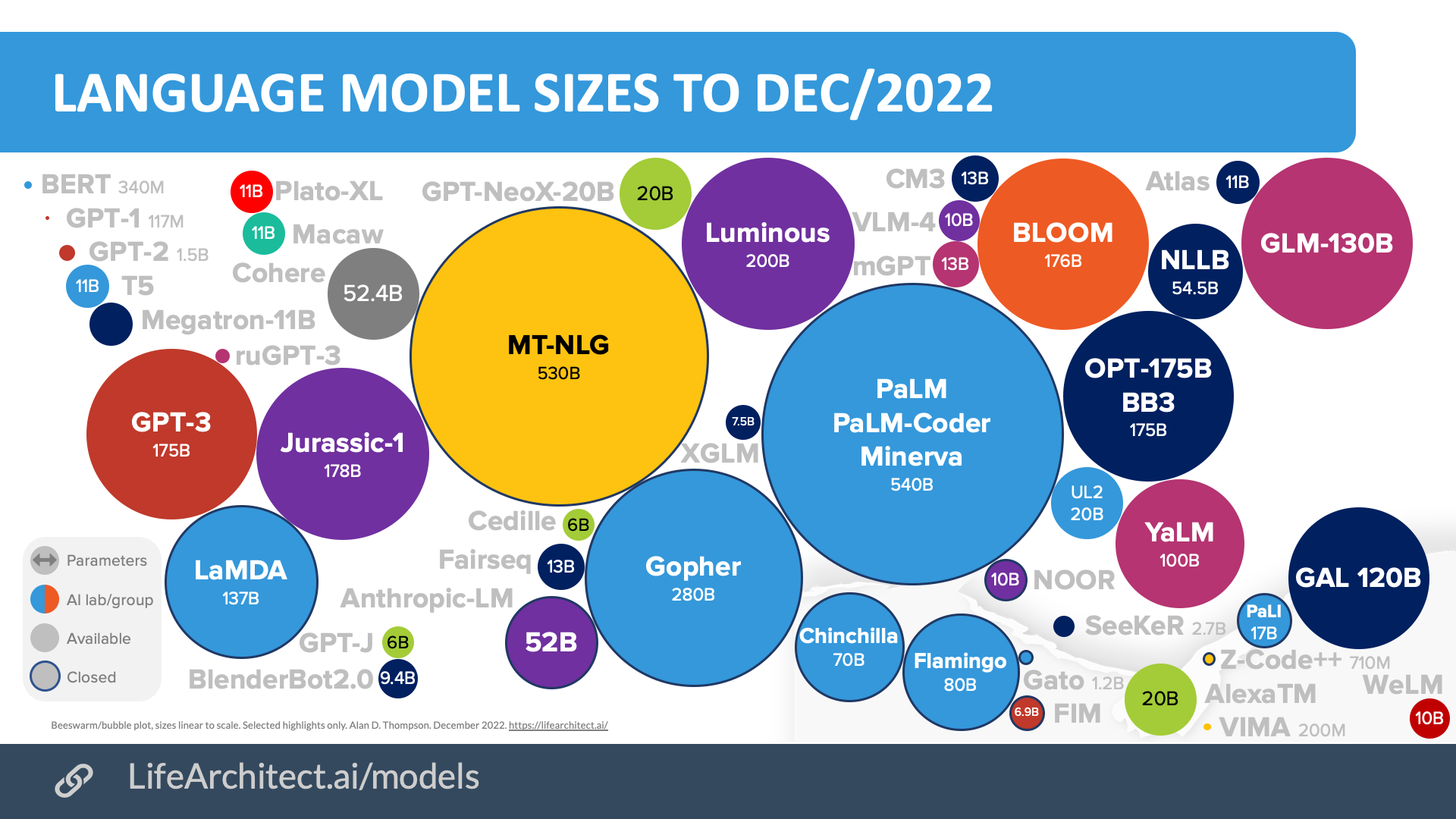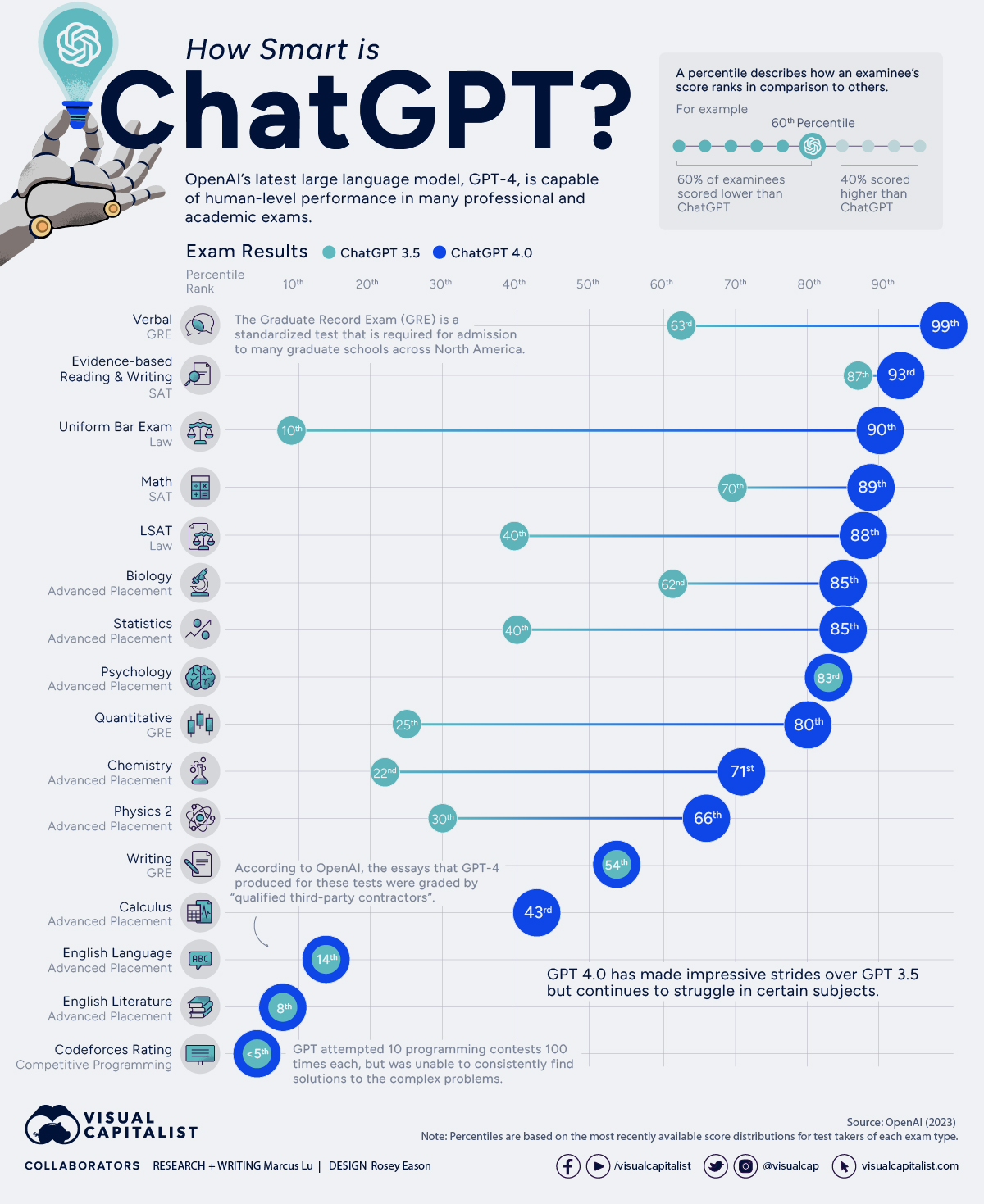The Economics of ChatGPT: Analyzing the AI Market and Business Models

Introduction:
OpenAI’s ChatGPT has emerged as a groundbreaking AI tool, generating significant interest in its economic implications and the burgeoning AI market. This analysis examines the market landscape, revenue models, and potential economic impacts of ChatGPT, providing insights into the future of AI-driven technologies.
Market Analysis:
The global AI market is rapidly expanding, driven by advancements in natural language processing, machine learning, and computing power. Market size is estimated to reach over $400 billion by 2024, with significant growth expected in the conversational AI segment. ChatGPT’s entry has further accelerated this growth, showcasing the potential of AI to transform industries and redefine customer interactions.
Revenue Models:
ChatGPT utilizes multiple revenue models to monetize its services, including:
- Licensing Fees: ChatGPT is licensed to businesses and developers for various use cases, such as customer service chatbots, content generation, and natural language understanding. Licensing provides a recurring revenue stream based on usage and service tiers.
- Premium Subscriptions: ChatGPT offers a premium paid subscription that provides enhanced features, such as faster response times, increased request limits, and access to advanced training models. This model taps into the demand for premium AI services tailored to specific requirements.
- Integration Partnerships: ChatGPT integrates with platforms and services, allowing businesses to incorporate its capabilities into their own offerings. This partnership model drives revenue through service fees or revenue-sharing arrangements.
Economic Impacts:
ChatGPT’s economic impacts are multifaceted and extend beyond its direct revenue streams:
- Labor Market: AI technologies have the potential to automate certain tasks, leading to concerns about job displacement. However, ChatGPT can also create new opportunities by enhancing employee productivity and enabling new AI-driven services.
- Industry Transformation: ChatGPT has the potential to revolutionize industries such as customer service, marketing, and content creation. By automating repetitive tasks and providing real-time assistance, it can streamline operations and reduce costs.
- Economic Growth: AI technologies like ChatGPT can contribute to economic growth by fostering innovation, creating new industries, and enhancing productivity.
Conclusion:
The economics of ChatGPT underscore the significant market potential and economic impacts of AI. Its revenue models provide sustainable revenue streams, while its capabilities have the potential to transform industries and create new economic opportunities. As AI technologies continue to evolve, it is crucial to understand their economic implications and explore the potential benefits they can bring to businesses and society as a whole.## The Economics of ChatGPT: Analyzing the AI Market and Business Models
Executive Summary

The advent of ChatGPT has sparked a surge of interest in the economics of AI. This article will explore the AI market, business models, and potential economic implications of ChatGPT. By examining the key factors driving AI adoption, identifying the major players, and analyzing the competitive landscape, this article aims to provide insights into the economic dynamics of ChatGPT and its impact on various industries.

Introduction
ChatGPT, developed by OpenAI, is a large language model (LLM) that has garnered significant attention for its conversational capabilities and potential applications across various domains. Its ability to generate human-like text, translate languages, write different forms of creative content, and assist in various writing tasks has brought to the forefront the economic implications of AI technology.
FAQs
-
What is the AI market size?
The AI market is rapidly expanding, with various estimates projecting its value to reach trillions of dollars in the coming years. -
Who are the major players in the AI market?
Key players in the AI market include large technology companies like Google, Microsoft, and Amazon, as well as specialized AI startups and research institutions. -
How is AI impacting various industries?
AI is transforming industries such as healthcare, finance, retail, and manufacturing by automating tasks, improving efficiency, and creating new products and services.
Subtopics
Market Potential
- Large and rapidly growing market driven by increasing demand for AI solutions.
- Potential applications in various industries, including healthcare, finance, and manufacturing.
- Growing investment in AI research and development, leading to advancements and new innovations.
Business Models
- SaaS (Software as a Service): Providing access to AI tools and services on a subscription basis.
- API (Application Programming Interface): Selling access to AI capabilities for integration into other applications.
- Custom Solutions: Developing tailored AI solutions for specific customer needs.
Competitive Landscape
- Intense competition among large technology companies and specialized AI startups.
- Strategic partnerships and acquisitions to gain market share and access to technology.
- Open-source AI projects and platforms fostering innovation and collaboration.
Economic Implications
- Job Displacement: Concerns about AI automating jobs, leading to job losses in certain industries.
- Skill Gap: Need for skilled professionals to develop, deploy, and manage AI systems.
- Privacy and Security: Considerations regarding data privacy and security as AI processes sensitive information.
Regulatory Environment
- Evolving regulations and policies to address ethical and social implications of AI.
- Government initiatives to support AI research, innovation, and responsible development.
- International cooperation to establish global standards for AI governance.
Conclusion
The economics of ChatGPT and AI technology present both opportunities and challenges. As AI capabilities continue to advance, the demand for AI solutions is expected to surge, creating significant market potential. However, careful consideration of business models, competitive dynamics, and economic implications is crucial to harness the benefits of AI while mitigating potential risks. Governments and policymakers play a critical role in fostering a supportive and responsible regulatory environment that encourages innovation and addresses societal concerns. The economic impact of ChatGPT and AI technology is likely to be profound, shaping industries, creating new economic opportunities, and transforming our understanding of work, privacy, and society itself.
Keyword Tags
- ChatGPT
- Artificial Intelligence
- AI Economics
- AI Market
- AI Business Models

